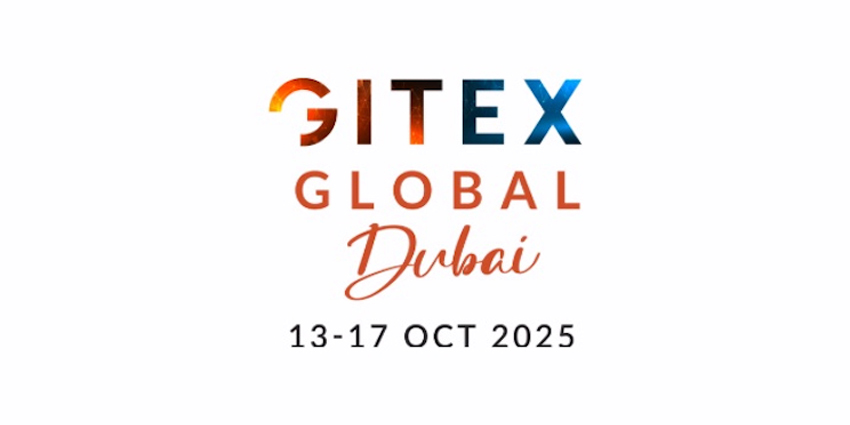GITEX Global 2025 in Dubai has become a battleground for dominance in nation-scale artificial intelligence, as governments and tech giants compete to control the infrastructure that will underpin the next wave of the digital economy. The event has already featured multiple high-stakes unveilings of sovereign AI platforms, hyperscale data centres, and public-service automation systems illustrating how computing power is being weaponised as strategic capital.
The opening day drew over 6,800 exhibitors, 2,000 startups and delegations from more than 180 countries. At the centre of the discourse is a shift away from individual applications toward infrastructure that can support AI at a national scale. The conversations revolve not around algorithms alone, but over energy, hardware, and governance.
One headline announcement came from G42’s Core42, which rolled out a self-service AI cloud platform enabling organisations to provision NVIDIA-accelerated computing within minutes, with pay-as-you-go pricing and automated vetting aligned to licensing constraints. du, a UAE telecom operator, revealed plans for an “AI Park” in Warsan, Dubai — a half-million square-metre development with liquid-cooled hyperscale data centres targeting future workloads up to one gigawatt.
Beyond computing hubs, the UAE used the spotlight to unveil TAMM AutoGov, promoted as the world’s first proactive AI public servant. The system promises to automate services like driving licence renewals and utility payments without requiring user initiation, though critics warn of transparency, bias, and accountability risks. Also making waves are AI-powered patrol cars built by company K2, equipped with high-resolution sensors and real-time analytics to detect visa or residency violators in urban settings — a move that underscores how surveillance and control are being tightly integrated into urban systems.
A particularly ambitious infrastructure effort is the UAE’s Stargate AI campus, developed by G42 in partnership with Nvidia, OpenAI, Oracle, Cisco and SoftBank. The first 200 MW is slated to be operational in 2026, with the full scale targeting 5 GW. The project is designed to be powered by nuclear, solar, and natural gas energy sources, though negotiations over the remaining capacity have encountered scrutiny from U. S. regulators over security and export controls.
China’s Alibaba Cloud is also expanding its footprint in the region, opening a second data centre in Dubai as part of a broader 380 billion yuan infrastructure investment over three years. It emphasises the UAE’s role as a strategic AI hub and the increasingly contentious overlaps between tech power, geopolitics, and infrastructure control.
Amid these titans of infrastructure, quantum computing looms as a wildcard. IBM is actively promoting next-generation quantum systems that can coordinate parallel operations in support of generative AI workflows. Its executives argue that quantum acceleration will be key to unlocking performance improvements beyond GPU-scaling limits.
The urgency underscoring these efforts is not abstract. According to a study of 500 AI supercomputers compiled through 2025, their computational performance has doubled roughly every nine months, while power consumption and hardware costs double annually. The most powerful among them required 300 MW and cost US$7 billion. Extrapolating those trends suggests that by 2030, leading AI systems may consume gigawatts of power and cost well beyond current scale.
Yet building capacity is not enough. Governance, ethics, and sovereignty are fast becoming battlefronts. A comparative analysis of Gulf Cooperation Council AI strategies shows that regulation has taken a “soft” approach: emphasizing national strategies and ethical principles rather than binding rules. This opens tensions between innovation speed and accountability, particularly as cross-border data flows and procurement of foreign hardware raise geopolitical risks.
GITEX 2025 thus surfaces a turning point: the intelligence economy is no longer a matter of software alone. It is becoming a contest over sovereign compute, grid resilience, energy trade-offs and regulatory legitimacy. In this game, nations believe that control over AI infrastructure is as critical as the models themselves.

